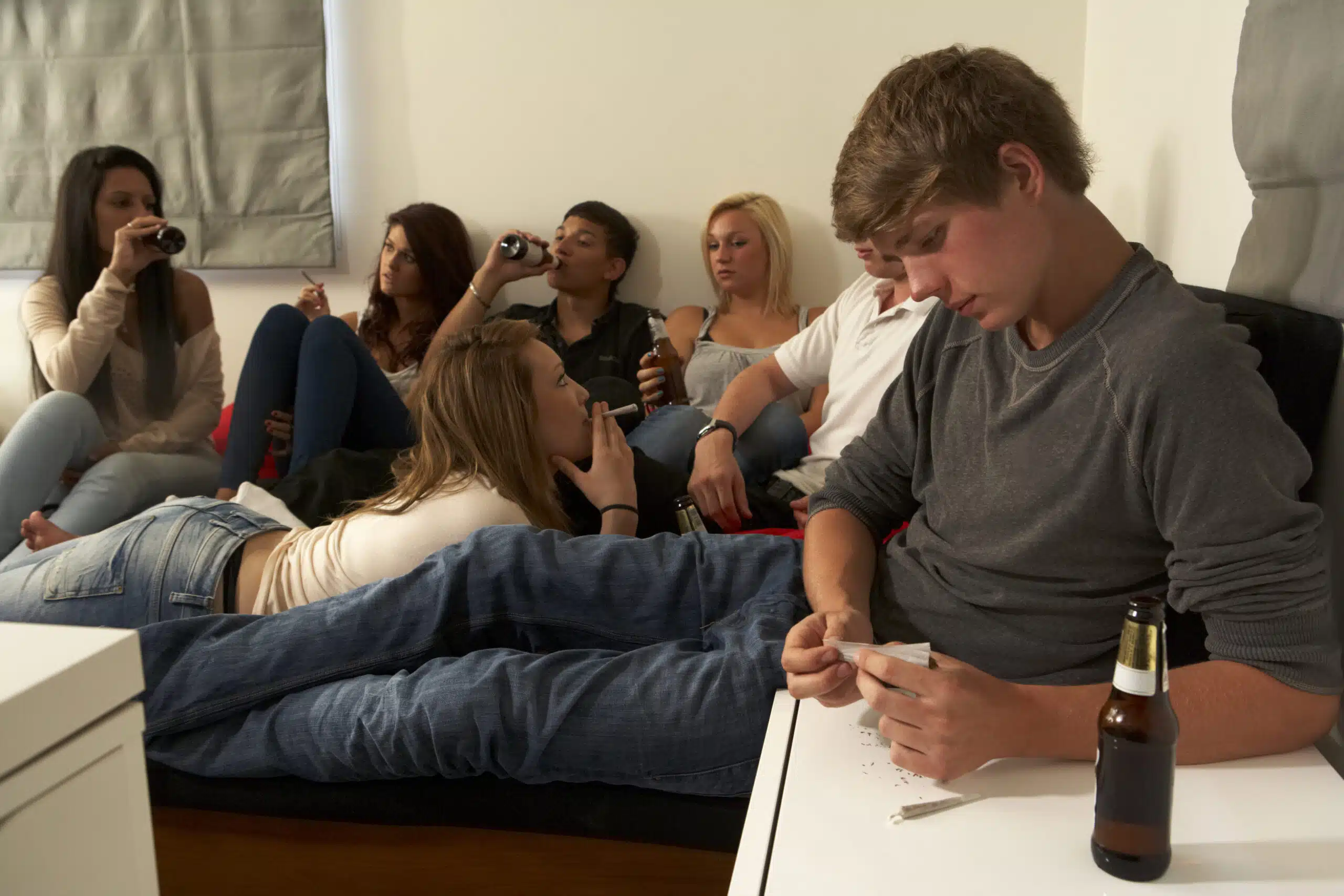
Is A Teen’s Messy Room A Sign of Depression?
For parents, the question “Is a messy room a sign of depression?” is more than just a passing concern—it can be an important indicator of a teen’s emotional well-being. While messiness can be a normal part of asserting independence during adolescence, ongoing or overwhelming clutter might reflect more substantial issues.
In some cases, teens may be dealing with symptoms of depression, such as low motivation, fatigue, or hopelessness, which can make simple tasks such as cleaning feel unmanageable. Understanding the reasons behind a teen’s messy room can open the door to meaningful conversations and finding them the appropriate support.
Psychology Behind a Teen’s Messy Room
A teenager’s messy room can reflect much more than laziness or rebellion—it often mirrors what’s happening internally. Adolescence is a time of emotional shifts, identity exploration, and growing responsibility, and a cluttered space might represent a teen’s need for control in an otherwise stressful or uncertain world. For some, messiness is simply a byproduct of juggling academics, extracurriculars, and social pressures, leaving little energy for tidying up. For others, it may be linked with emotional overload or difficulty processing feelings. As a result, keeping a clean space often falls low on their list of priorities. While not always cause for concern, a persistently chaotic environment can indicate that a teen is feeling mentally or emotionally overwhelmed.
Is a Messy Room a Sign of Depression?
A consistently messy room can sometimes signal that a teen is in need of emotional support, as it may be a sign of underlying struggles, such as depression. When mental health is impacted, maintaining a tidy environment often becomes increasingly difficult. Below are several ways depression in teens may contribute to a disorganized space:
- Fatigue and low energy: Depression can drain motivation and physical energy, making tasks like cleaning feel impossible.
- Loss of interest or purpose: Teens may feel indifferent about their surroundings and have a hard time caring about organization.
- Difficulty concentrating: Depression often impairs focus. This makes it difficult for teens to follow through with cleaning or stay on task.
- Decline in self-care: Depression can reduce attention to personal hygiene and living conditions, causing their space to deteriorate.
- Emotional distress: Clutter can reflect inner turmoil, with a chaotic space being a reflection of how stressed a teen may feel inside.
- Social withdrawal: As teens isolate or disengage from society, their room may become more cluttered as a result of neglect.
Does My Teen Have Depression? – Take Our Free Test Today
Can a Messy Room Cause Depression?
While a messy room is not a direct cause of depression, living in a continuously cluttered space can contribute to emotional strain over time. Environmental chaos often leads to feelings of overwhelm, stress, and irritability—especially for teens who are still developing their coping skills. When a room is disorganized, it can mirror or even amplify the mental clutter a person is already experiencing, making it harder to relax, focus, or maintain a sense of control.
Research has shown that visual mess can overstimulate the brain and increase cortisol levels, the body’s primary stress hormone. This constant low-level stress can chip away at emotional well-being, potentially contributing to symptoms like low mood, anxiety, or fatigue. While a messy room alone won’t cause clinical depression, maintaining a clean and orderly environment can be one small but meaningful way to support mental health.
How to Handle Your Teenager’s Messy Room
A messy room is often a source of tension between parents and teens, but it can also be an opportunity to build healthier routines and communication. Instead of turning cleaning into a power struggle, approach it with understanding and collaboration to help your teen develop lasting, positive habits.
- Set shared expectations: Talk with your teen about why a clean space matters and agree on realistic standards together.
- Divide tasks: Help them break down the task into smaller steps to reduce feelings of stress.
- Offer support, not control: Be available to help without micromanaging, and encourage regular “reset” times.
- Promote independence: Allow your teen to have input on how their space looks and feels to build ownership.
- Make it positive: Tie the process to something enjoyable, like music or new room decor, once the space is cleaned.
Treatment for Underlying Depression
If you think your teen’s messy room is a sign of depression, you should seek a proper mental health evaluation. From there, you can explore depression treatment options such as therapy, residential treatment, or outpatient programs tailored to the unique needs of teenagers. Getting them the comprehensive care they need can make a lasting impact on their overall quality of life and set them up for a happy and fulfilling future.
Find Adolescent Mental Health Programs in Malibu, CA
Beachside Teen offers personalized programming designed for adolescents between the ages of 12 and 18. We support not only teens as they work towards improving their mental health but also their families. Our goal is to help teach constructive ways to communicate and support one another in order to establish a healthy home environment for all. Furthermore, we offer academic support, ensuring your child’s depression does not get in the way of their progress at school. To learn more about how we can help, give us a call or visit our admissions page today.
Call us now at 888-254-0916 or verify your insurance now.




